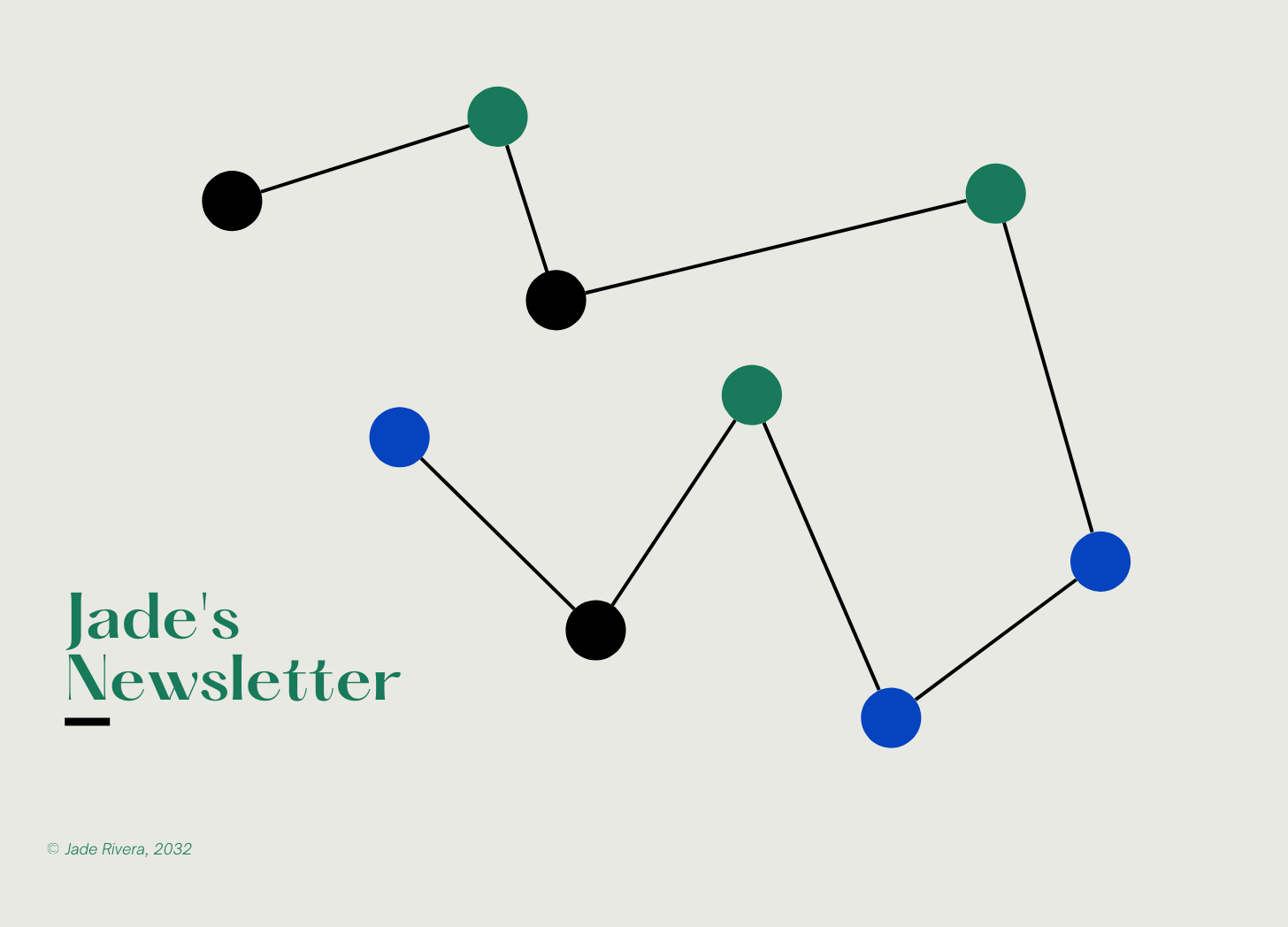The Decentralized Mind
“Since Descartes made a pact with the Pope to split the human experience in two, and split the mind and spirit from the body, we have wandered into a place that keeps presenting us with paradoxes that we think we have to resolve somehow.” – Rethinking Leadership (April et al., 2000, pg. 4)
Descartes made this compromise not only for political reasons but also to simplify the questions he wanted to answer. Cataloging and measuring the natural world is much more straightforward when the “hard problem of consciousness” isn’t involved. The separation of mind from body or subject from object would simplify some aspects of existence but complicate much more, including our concept of leadership. Isolated leadership implies control. Perhaps the Pope intuited this, making a deal with Descartes he couldn’t refuse.
The drive toward resolution fuels leaders of all kinds, including Descartes and the Pope. We define leaders by their decisions. Decisions that ultimately result in triumphs of compromise. Compromise is inevitable, but the devil is in the details.
The decision-making process presents its own paradox. In general, the strategies accepted by the dominant culture are opaque. Motivations are unknown, and details are often unavailable. The higher the stakes, the more obscured the process becomes. The lack of transparency results in distrust and disillusionment, causing the majority to opt-out. Consider how many people don’t vote simply because they believe it doesn’t matter; a lack of participation enables more obfuscation, and the cycle continues.
A brave few resist these tactics. Right now, I’m thinking of the work of activist and facilitator Adrienne Maree Brown. Specifically her metaphorical use of systems in nature to understand how humans might share power and care for the most vulnerable. In her book Emergent Strategy (2017), Brown makes a case for the embodiment of leadership values like interdependence, trust, and cooperation by correlating them to natural systems such as mycelium, ants, and particle/wave duality: there's a symbiosis or mutualism at stake that ensures a balance of care and survival.
Return to the above quote, inspired by the philosophy of Brown: What if the power in a given situation lies within the acceptance of the paradox? A willingness to bend and bow in response to real-time needs. How might we become more effective as leaders if our decision-making becomes decentralized?
In June of 2022, I gave a short lecture, as part of a course I was teaching, to the Bridges Graduate School of Cognitive Diversity students about decentralization and the neurodivergent, twice-exceptional mind. Twice-exceptional (2e) people are known for their spiky profiles, meaning there is a significant discrepancy between our strengths and challenges. We are known for developing asynchronously: we may have advanced cognitive abilities in one realm and lagging skills in another. 2e humans offer boundary-pushing insights and then struggle with seemingly simple tasks in another, making us a kind of paradox. This may be true for anyone, but for 2e people, it’s inescapable.
In my lecture, I employed the ideas found in Brown’s work and Rethinking Leadership to make a case for embracing ambiguity and paradox as necessary for effective leadership amidst profound instability. Instead of engaging in outdated, hierarchical leadership strategies, the world calls us to adopt a holistic, multi-perspective stance in which responsibility is shared. I wanted to illustrate an overlap between any given twice-exceptional person’s natural state of being and the skills important for current and future leaders to embody.
It’s crucial that 2e people see themselves as capable and necessary leaders in building a future we’re all excited to live in.
As humanity straddles multiple crises at once, it’s becoming increasingly clear that “the center will not hold.” Those with minds that don’t operate from a center are well-positioned to create the supports we need most; humans who exist as a paradox quickly learn to develop the skills necessary to resolve them. 2e people are well poised to rise and contribute perspectives to the world that are necessary but lacking.
The longer I sat with these ideas, the more urgency they’ve taken on for me personally and professionally. Of course, these ideals could be cultivated by anyone regardless of cognitive profile. What magic might happen if we made space for those with a daily internal experience of decentralization? Please tell me your thoughts. I’m curious about how these ideas might be showing up for you.
Resources
Brown, A. M. (2017). Emergent Strategy: Shaping Change, Changing Worlds (Emergent Strategy, 0) (Reprint). AK Press.
April, K. A., Macdonald, R., & Vriesendorp, S. (2000). Rethinking Leadership. Amsterdam University Press.



As per usual, straight to the heart of the matter. True leadership achieves an exalted degree of access to their will and an exalted ability to make decisions in accordance with their capability to accept, truly, the reality of what lies before them and within them, which in turn grants further permission into the nature of reality itself which is inherently paradoxical. My view is that 2e people have earned this 'signature' and this capability, this being-ness which permits a superior attendance to the truth, from successful periods of initiation and spiritual development in other lifetimes. The question at hand, to me, is how society will create space, support, and encouragement for these leaders to rise. Certainly, their platform will not be built on the detritus of a failed system.
A hurdle I see is “fulcrum” and “center” remain synonymous with those who do not, cannot, or will not acknowledge how the power is distributed and concentrated in relation to the fulcrum not being eqidistant and in the middle. Descartes, a neurodivergent, also realized this?